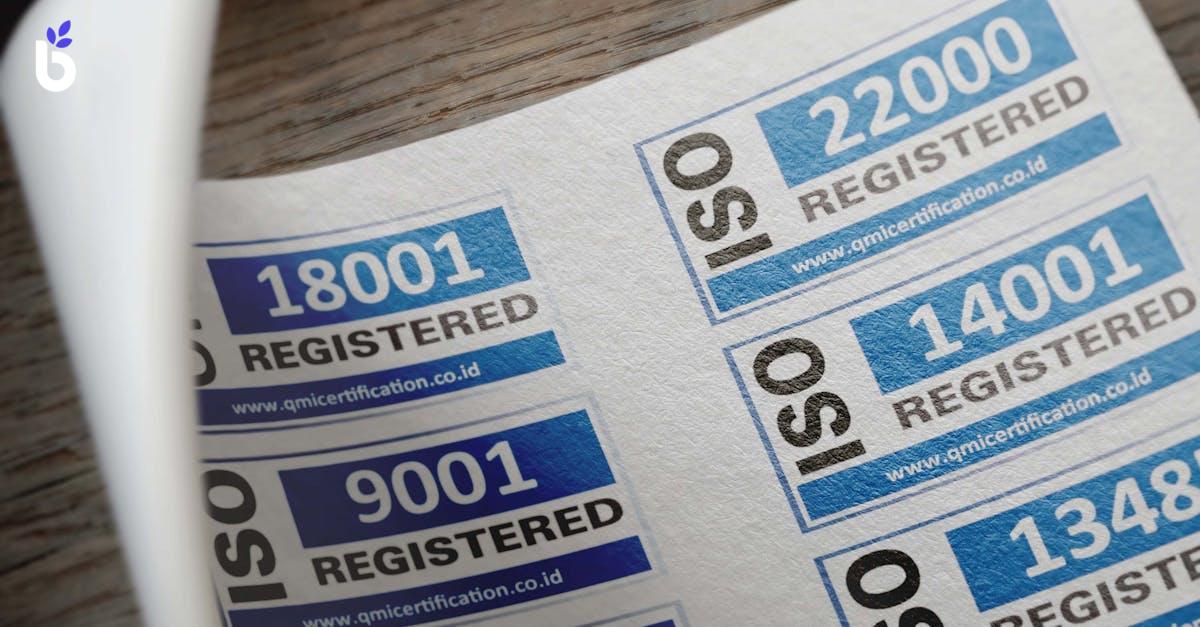WHAT IS ISO 9001?

Understanding ISO 9001: A Comprehensive Guide
Introduction to ISO 9001
ISO 9001 is a globally acknowledged standard for quality management systems (QMS) established by the International Organization for Standardization (ISO). This widely adopted standard provides organizations with a systematic approach to managing their processes to consistently meet customer expectations and enhance satisfaction. Initially introduced in 1987, ISO 9001 has undergone several revisions, with the latest update released in 2015.
Applicable to all organizations—large or small, public or private—ISO 9001 is built on seven foundational principles: customer focus, leadership, engagement of people, process approach, improvement, evidence-based decision-making, and relationship management. These principles help organizations to streamline operations and improve quality.
What are the Benefits of ISO 9001?
Embracing ISO 9001 offers numerous advantages that can significantly enhance an organization's operational efficiency and customer satisfaction levels. Here are some notable benefits:
- Cost Reduction: By identifying inefficiencies and areas for improvement, organizations can reduce operational costs.
- Enhanced Customer Satisfaction: A consistent focus on quality helps organizations meet or exceed customer expectations.
- Increased Transparency: Documented processes and clear quality standards foster greater transparency within operations.
- Improved Risk Management: Through systematic assessment and management of risks, organizations can mitigate potential issues before they escalate.
- Boosted Efficiency: Streamlining operations leads to higher productivity and reduces waste.
“Quality is not an act, it is a habit.” - Aristotle
FAQs
What Does ISO 9001 Mean?
ISO 9001 refers to the international quality management standard that establishes criteria for creating and maintaining an effective QMS. The principles ensure that organizations can consistently meet both customer and statutory requirements.
Is ISO 9001 Applicable to All Types of Businesses?
Absolutely! ISO 9001 is designed to be applicable for all types of organizations, irrespective of their size, industry, or sector. It provides a flexible framework that can be adapted to various operational contexts.
What is the Purpose of ISO 9001 Certification?
Achieving ISO 9001 certification signifies that an organization is committed to maintaining quality throughout its operations. It serves as evidence of an organization’s dedication to quality, potentially enhancing its reputation and customer trust.
What are the 7 Principles of ISO 9001?
The seven principles underpinning ISO 9001 are:
- Customer Focus: Prioritizing customer needs to enhance satisfaction.
- Leadership: Establishing unity of purpose and direction within the organization.
- Engagement of People: Ensuring that all members of the organization are engaged and motivated.
- Process Approach: Understanding and managing interrelated processes for greater efficiency.
- Improvement: Focused continual improvement of processes.
- Evidence-based Decision Making: Making informed decisions based on data analysis.
- Relationship Management: Managing relationships with interested parties to enhance performance.
Tip for Implementation
Integrating ISO 9001 standards into your business processes can significantly improve product and service quality, leading to higher customer satisfaction.
Related Glossary
By understanding and implementing ISO 9001, organizations can not only comply with global standards but also position themselves for sustainable growth and success.
Take control of your business today
Explore BizCRM App and start your journey towards business success.
